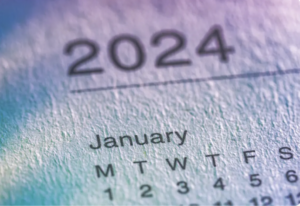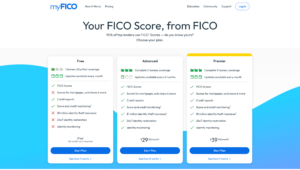First, income is not a factor in credit reports and does not affect your credit score. You can be self-employed — or even unemployed — and that doesn’t hurt credit scores as long as your bills are paid on time. But lenders will use it to determine other factors.
A credit score is designed to determine the probability you may default on a credit account. The amount a consumer earns does not necessarily make them more or less likely to default.
But there’s probably a more practical reason why income is not used to determine credit scores. Credit reporting agencies use data from third parties (creditors and public records) to verify the information listed in your credit reports.
For income to be used there would have to be some mechanism by which either your employer or IRS tax records be supplied directly to the credit bureaus. Self-reported income would not be acceptable.
There would also have to be a dispute process in place if your employer or the IRS reported income to the credit bureaus. Consumers must have a way to challenge inaccurate information. I cannot imagine the “wait time” on having a government entity like the IRS verify accuracy if a dispute a filed with the credit bureaus. Working with credit bureaus is tough enough but having to deal with a bureaucracy would be too much burden on all parties involved.
How Income Is Used
Income is not part of your standard credit score. Credit scores are calculated using information in credit reports and information about income is not listed. But it is relevant to banks and lenders. All lenders will ask for your income on credit applications. In fact, some may require proof like copies of your paystubs, tax returns or they may even contact your employer for verification.
The lender uses your income to calculate a debt-to-income ratio. A lender can take income into consideration when deciding to approve or deny credit applications. They may even use your income to determine how much credit to grant you and under what terms.
There is no denying that when lenders make a decision about granting you credit, income is a major factor. They do not want to lend money to someone who cannot afford to repay. But income can work in your favor if you have poor credit. A lender might decide to approve your credit application even if you have poor credit but a good income.






















